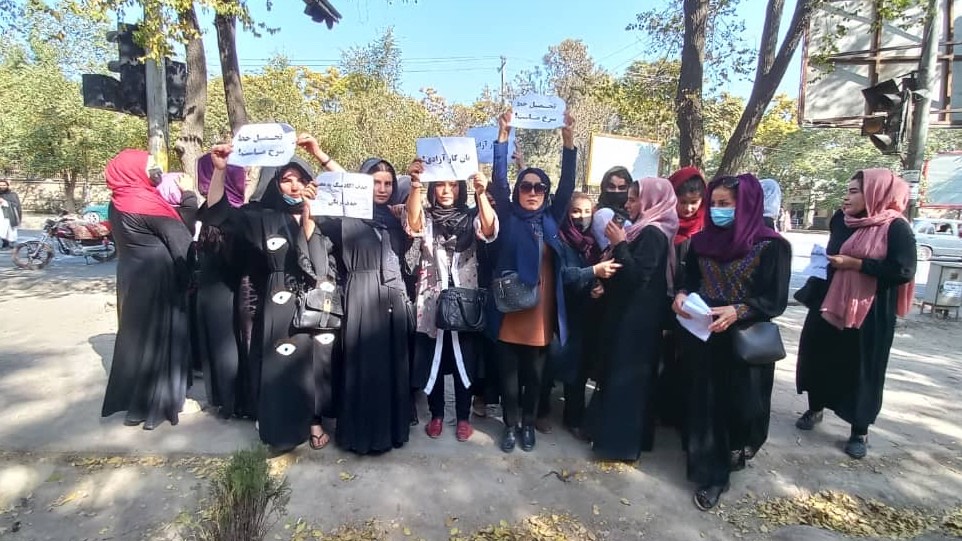Human Rights Watch called on Wednesday for the United Nations’ independent assessment of the international approach to the crisis in Afghanistan to give priority to human rights, especially the rights of women and girls. The assessment, mandated by a Security Council resolution in March 2023, should include recommendations to prevent and hold accountable those responsible for rights abuses.
Heather Barr, associate women’s rights director at Human Rights Watch, highlighted the severity of the women’s rights crisis in Afghanistan, stressing the urgent need to address the dire situation faced by women and girls and other survivors of rights violations.
Since the Taliban took control of Afghanistan in August 2021, women and girls have been stripped of most of their rights, said the watchdog organization. The Taliban’s actions include banning girls and women from education above a sixth-grade level, restricting employment opportunities, and imposing severe restrictions on travel and movement, it added.
HRW said that women and girls have been excluded from sports and subjected to gender-based violence with a brutal crackdown on those who protest.
The ban on women’s employment, including in international organizations such as the UN, has led to reduced access to much-needed humanitarian assistance in a country where 28.8 million people require food aid.
The crisis also extends to other human rights abuses and severe hardship for the Afghan population. Journalists and critics have been unjustly imprisoned, detainees tortured, and the LGBT community targeted and forced into hiding. Additionally, the Islamic State of Khorasan Province continues deadly attacks on civilians, particularly targeting the Shia and Hazara communities.
Human Rights Watch urged the special coordinator, Feridun Sinirlioğlu, to include experts on human rights, particularly the rights of women and girls, in the assessment process. The team should be transparent and allow all stakeholders to provide submissions. The assessment should actively seek input from those who have experienced human rights violations and consult with women’s rights defenders, minorities, LGBT Afghans, journalists, and local humanitarian groups.
“The independent assessment should both help restore global attention to the situation in Afghanistan and propose concrete tools for holding the Taliban and other rights violators accountable,” Barr emphasized.





